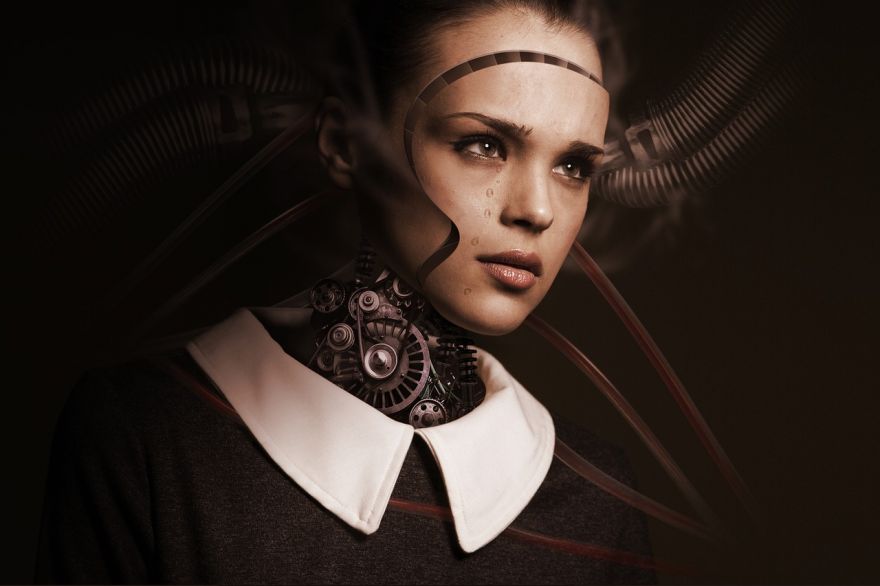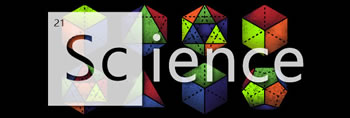
Machines, someday, will be able to genuinely think or feel. The question is, how do we know if those really are genuine thoughts and emotions? How do we know if their self-awareness is real? Philosopher Susan Schneider proposes a practical consciousness in artificial intelligence in her new book titled “Artificial You”.
The key indicator of AI consciousness, Schneider argues, is not generic speech but the more specific fluency with consciousness-derivative concepts such as immaterial souls, body swapping, ghosts, human spirits, reincarnation, and out-of-body experiences. The thought is that, if an AI displays an intuitive and untrained conceptual grasp of these ideas while being kept ignorant about humans’ ordinary understanding of them, then its conceptual grasp must be coming from a personal acquaintance with conscious experience.
Check out Nautilus for more details.
(Image Credit: Comfreak/ Pixabay)






Commenting on Neatorama will earn you NeatoPoints!